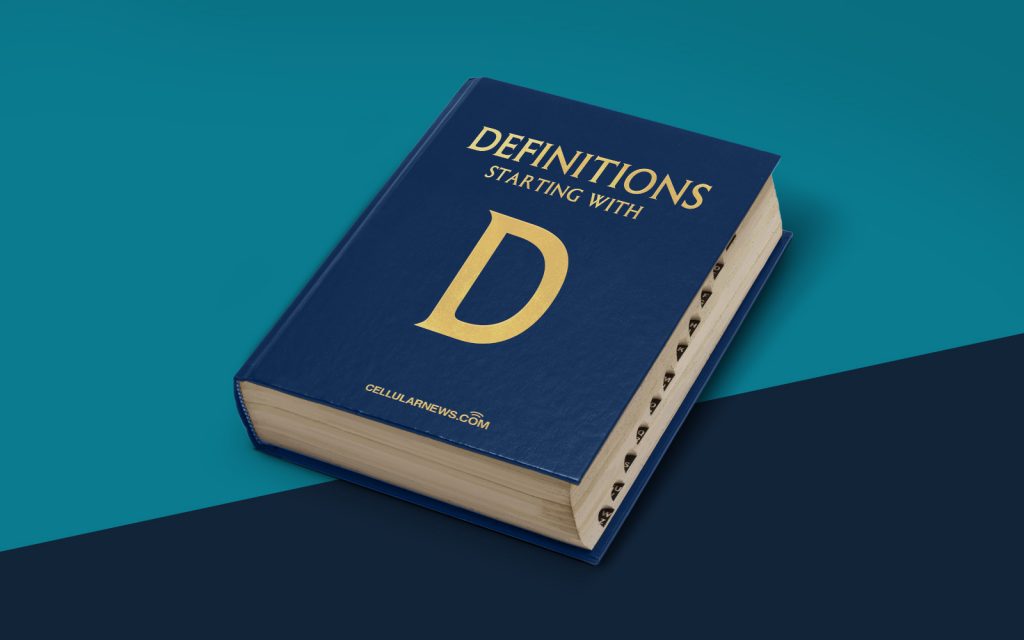
What is Digital Literacy? Definition, Skills, Learning Resources
In today’s fast-paced and technology-driven world, digital literacy has become an essential skill for individuals of all ages. But what exactly does it mean to be digitally literate? In this blog post, we will dive into the definition of digital literacy, explore the key skills required to be digitally literate, and provide you with valuable learning resources to enhance your digital literacy journey.
Key Takeaways:
- Digital literacy refers to the ability to effectively and responsibly use digital technologies to access, evaluate, create, and communicate information.
- Being digitally literate involves various skills such as information fluency, media literacy, online safety, critical thinking, and problem-solving.
The Definition of Digital Literacy
Digital literacy can be defined as the ability to use digital technologies with confidence and competence, enabling individuals to navigate and make sense of the digital world around them. It goes beyond basic computer skills and encompasses a range of abilities necessary to thrive in the digital age.
Key Skill Areas of Digital Literacy:
- Information Fluency: The ability to locate, analyze, evaluate, and effectively use digital information.
- Media Literacy: The skill to critically assess and create media in various digital formats.
- Online Safety: Understanding how to protect personal information, navigate potential threats, and be a responsible digital citizen.
- Critical Thinking: The capacity to evaluate and analyze information, discern biases, and make informed decisions in the digital realm.
- Problem-Solving: Utilizing digital tools and resources to identify, analyze, and solve complex problems.
Enhancing Your Digital Literacy
To improve your digital literacy skills, there are numerous resources and learning opportunities available. Here are a few that can help you on your digital literacy journey:
- Online Courses: Platforms like Coursera, Udemy, and edX offer a wide range of digital literacy courses taught by experts from around the world.
- Interactive Tutorials: Websites such as Codecademy and Khan Academy provide interactive tutorials for learning programming languages and other digital skills.
- Online Libraries and Databases: Access to online libraries and databases such as Google Scholar, JSTOR, and Open Library can enhance your research and information fluency skills.
- Community Workshops and Webinars: Local libraries, community centers, and professional organizations often offer workshops and webinars focused on digital literacy and technology skills.
- Online Forums and Communities: Join online forums and communities dedicated to digital literacy to share knowledge, ask questions, and engage in discussions with fellow learners.
Remember, digital literacy is an ongoing process, and it’s important to stay curious, adaptable, and open to learning in the ever-evolving digital landscape. By continuously honing your digital literacy skills, you can confidently navigate the digital world, leverage technologies to your advantage, and thrive in today’s digital age.
Have you recently embarked on a digital literacy journey? What resources have you found helpful? Share your experiences in the comments below!
